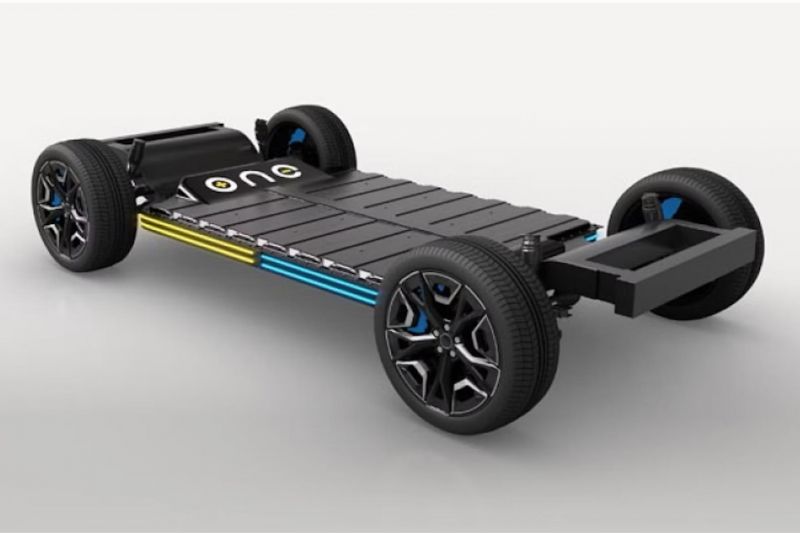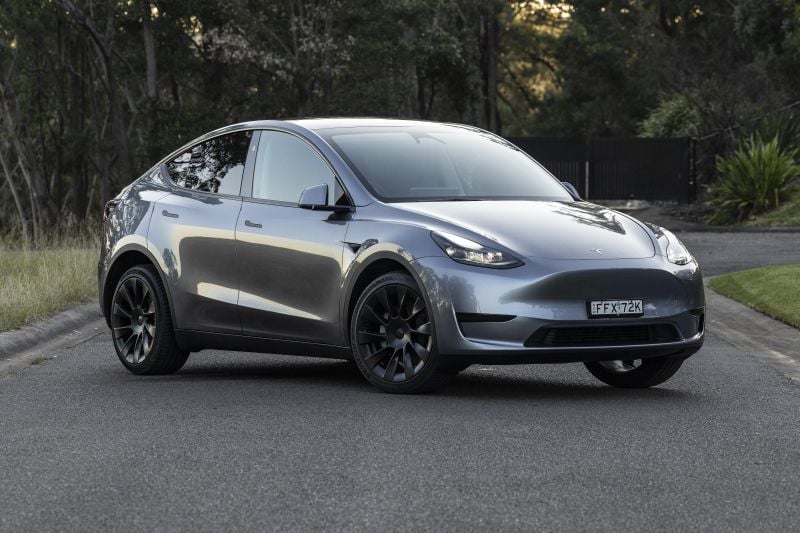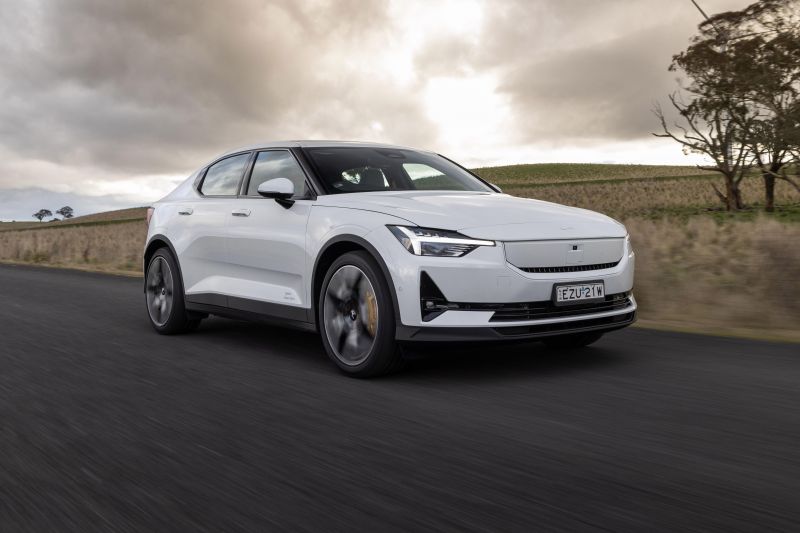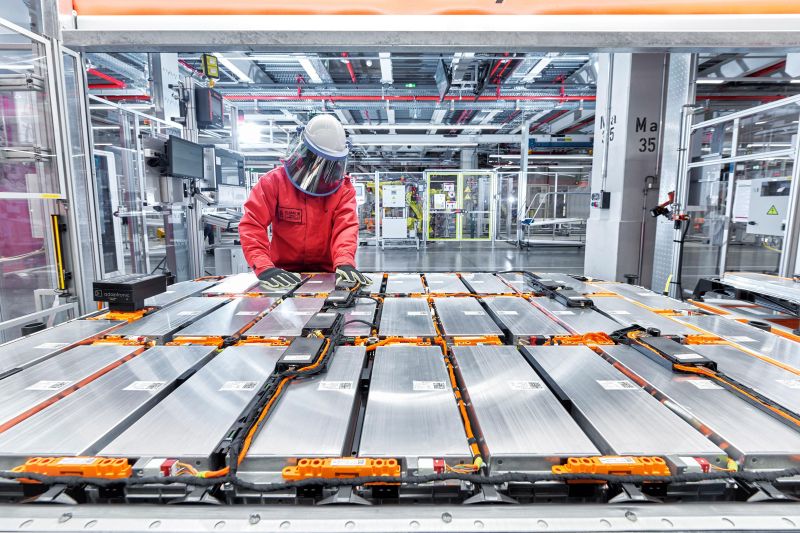Calls to introduce a ‘passport’ for electrical automobile (EV) batteries in Australia have spearheaded conversations at an ongoing federal inquiry, amid fears our battery recycling business is unprepared for the longer term inflow.
The Australian Related Press (AAP) – by way of The Canberra Occasions – studies this week’s Transition to Electrical Automobiles inquiry heard requires Australia to undertake battery passports like which will likely be required in Europe from February 2027.
Battery passports are linked to a automobile’s Automobile Identification Quantity (VIN) and supply data akin to the place its supplies come from and who was concerned within the energy pack’s manufacturing all through the provision chain, as nicely .
In line with the AAP report, the inquiry was instructed the introduction of EV battery passports would enable the packs be labelled for streamlined and secure dealing with on the finish of their lives.
Automotive and recycling business representatives have been amongst these voicing their issues, suggesting the federal authorities might have as little as six years earlier than the problem of EV batteries change into a major problem.
That is because of the rising variety of EV gross sales in recent times, which has seen battery-powered automobiles rise to account for about eight per cent of recent automobile gross sales.
The inquiry is reportedly investigating numerous elements concerning the transition to EVs, together with the influence of such automobiles on the electrical energy grid, alternatives to save lots of gasoline, demand for chargers, and battery manufacturing and recycling.
Suzanne Toumbourou, CEO of the Australian Council of Recycling, claims recycling services are already underneath the pump with restricted assortment factors and an absence of regulation concerning battery recycling.
“The recycling and the waste sectors … are in a disaster regarding incorrectly disposed-of batteries that trigger fires in all sorts of services,” Ms Toumourou instructed the enquiry, as reported by the AAP.
“All batteries, together with EV batteries, should be regulated.”
The chief has known as for Australia to introduce clear guidelines on battery labelling, transport, and disposal, together with a ban on dumping them in landfill, although such measures would must be taken earlier than native services might break down and course of EV batteries.
Polestar Australia’s head of PR and communications, Laurissa Mirabelli, mentioned Australian services are already in a position to extract helpful “black mass” from batteries, which accommodates metals like lithium, cobalt, and graphite, although they’re unable to course of the fabric domestically.
“It’s about transparency for purchasers,” mentioned Ms Mirabelli.
“There’s no normal approach of building the local weather influence of a battery or the way you’re sourcing any of the supplies in that battery [in Australia], which is why the EU battery passport can be a very good normal for us to undertake right here.”
The AAP studies a facility in Victoria has begun recycling EV batteries, though solely into black mass for export.
Suggestions embody taking the chance to recuperate helpful minerals from EV batteries, although requirements and help would must be established as quickly as attainable to facilitate the expansion in demand.
The inquiry is anticipated to include public hearings in Melbourne, Brisbane, and Canberra. Extra data, together with dates, is obtainable right here.
MORE: The potential disaster posed by lifeless electrical automobile batteries





